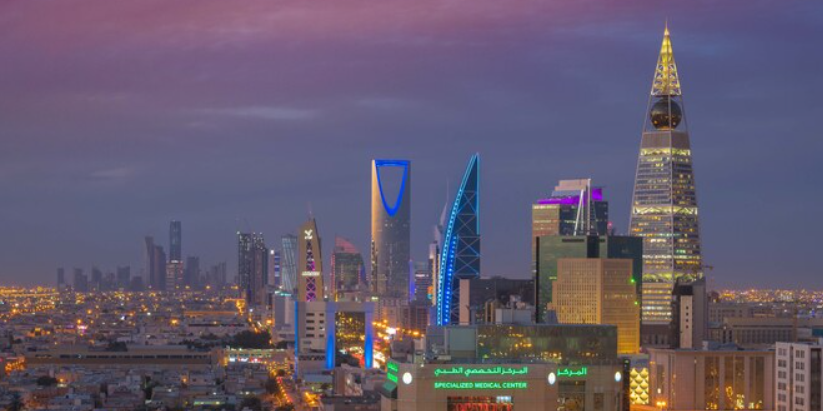
04 Dec 2024
RIYADH: Saudi Arabia’s non-oil private sector ended November with robust momentum, as business activity expanded at its fastest pace since July 2023, latest business survey showed.
The Riyad Bank Saudi Arabia Purchasing Managers’ Index rose to 59.0 in November from 56.9 in October, marking the fourth consecutive monthly increase, buoyed by accelerated growth in new orders, purchasing activity, and staff recruitment.
The headline PMI — calculated as a weighted average of sub-indices covering new orders, output, employment, supplier delivery times, and stock levels — reflected a substantial improvement in operating conditions, with all five components contributing to the uptick.
Naif Al-Ghaith, chief economist at Riyad Bank, said: “The strong growth in Saudi Arabia’s non-oil private sector helped the PMI to reach 59.0 in November, demonstrating the continued success of economic diversification efforts.”
He added: “This robust expansion, marked by accelerated output and demand, reflects the increasing capacity of non-oil sectors to contribute to economic activity independently of oil price fluctuations.”
Business activity saw its sharpest rise in 16 months, with firms linking the surge to stronger demand, higher customer volumes, and successful marketing campaigns. New order inflows, including foreign sales, rebounded after a modest pullback in the previous survey period.
Employment growth also surged, with companies expanding their workforce at the second-fastest pace in over a decade, driven by the need to manage rising workloads.
“Employment growth indicates a rising capacity of non-oil sectors to absorb labour, further supporting socioeconomic objectives like increasing national employment,” Al-Ghaith noted.
Firms ramped up input purchases at the strongest rate since March to build inventories in anticipation of higher sales. However, this strained supply chains, resulting in the slowest improvement in vendor performance in 15 months.
Inflationary pressures
The report noted that the sector’s rapid expansion brought inflationary pressures to the forefront. Input costs rose at the sharpest pace in over four years, driven by higher wages, geopolitical tensions, and increased transport costs. Wage inflation hit a ten-year high, while firms raised their selling prices at the fastest rate since January to offset these pressures.
“Stronger purchasing activity and inventory expansion suggest businesses are gearing up for continued growth in demand,” Al-Ghaith said.
“This performance aligns with broader economic trends showing Saudi Arabia’s ability to attract foreign investments, boost consumer confidence, and enhance trade partnerships,” he added.
The strong November PMI underscores the resilience of Saudi Arabia’s non-oil economy despite global uncertainties. Companies remain optimistic about future growth, supported by government initiatives to diversify the economy under Vision 2030.
“Maintaining this momentum will be essential to achieving Vision 2030 goals and ensuring long-term economic growth,” Al-Ghaith concluded.